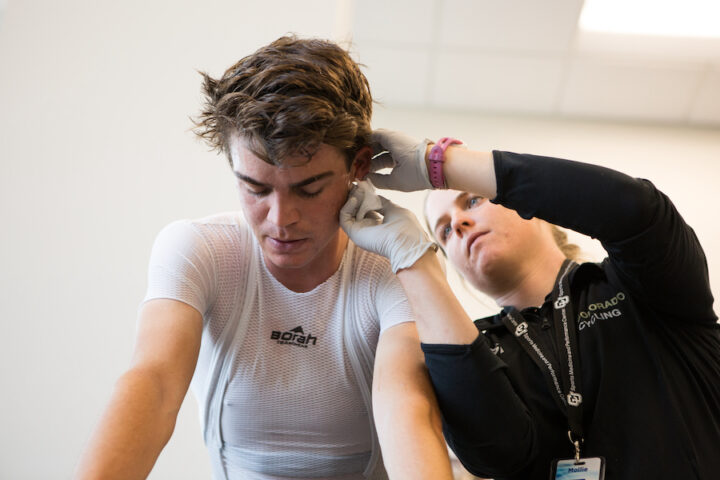
The Endurance Athlete’s Guide to VO2max and Lactate Tests
Find out all the dos and don’ts of physiological testing as we break down VO2max and lactate/ramp testing.
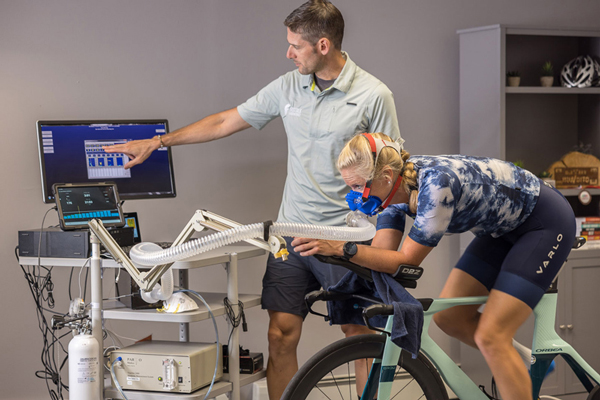
Humans aren’t machines—we’re much more complicated. Exercise physiology involves changes in the body from exercise and rest.
From anaerobic threshold to environmental acclimatization, from FTP to PGC-1 alpha, we explore the science of human performance.

Find out all the dos and don’ts of physiological testing as we break down VO2max and lactate/ramp testing.
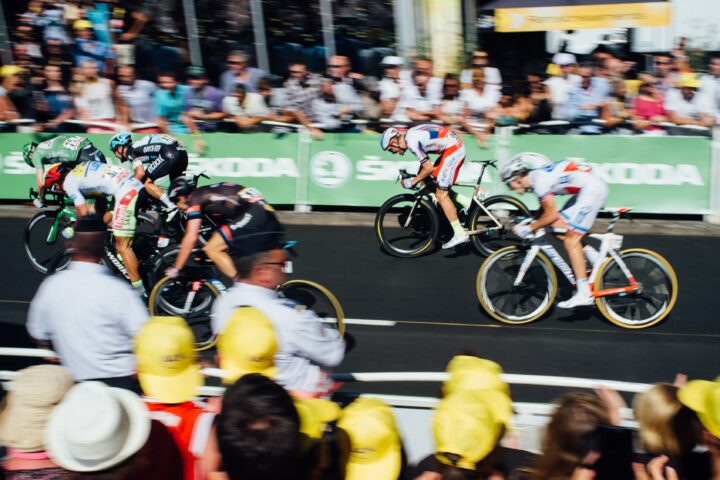
We explore the physiology of race season—how to find top-end fitness, how long it takes, and the best ways to do it.
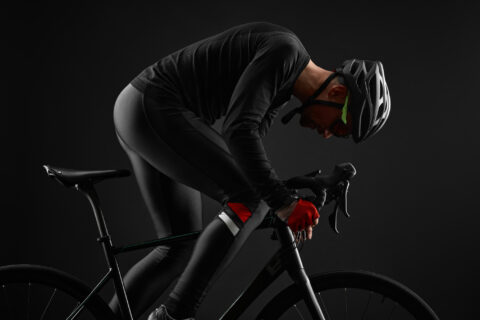
Your lactate threshold may not be what you think it is. Coach Trevor Connor explores the true definition of this physiological turn point.
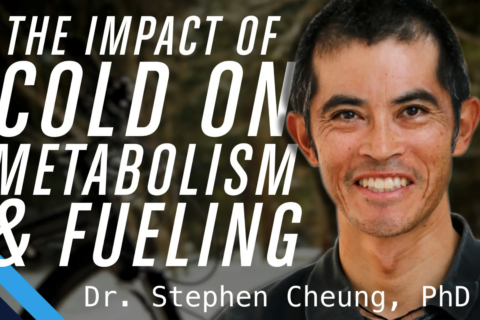
Environmental physiologist Dr. Stephen Cheung addresses whether the amount of fat and carbohydrate used for energy changes with the temperature.
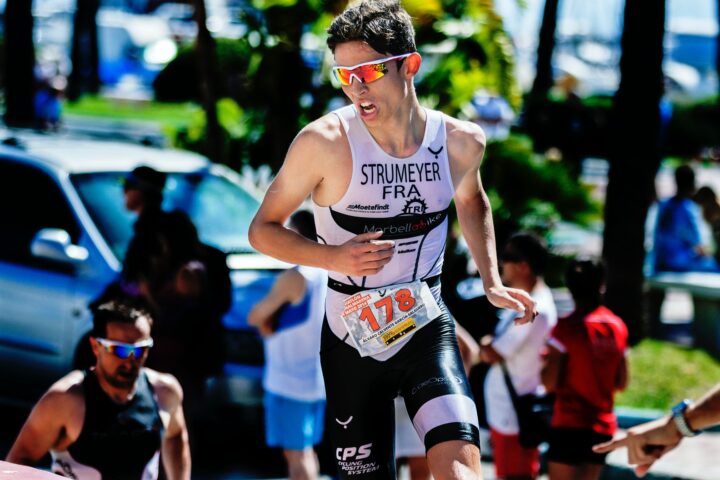
Endurance athletes inevitably face the challenges imposed by training and racing in the heat. How do our bodies respond, and what are ways that we can best prepare? Learn how to beat the heat with advice from Dr. Stephen Cheung, Dr. Stephen Seiler, and a range of experts and coaches.
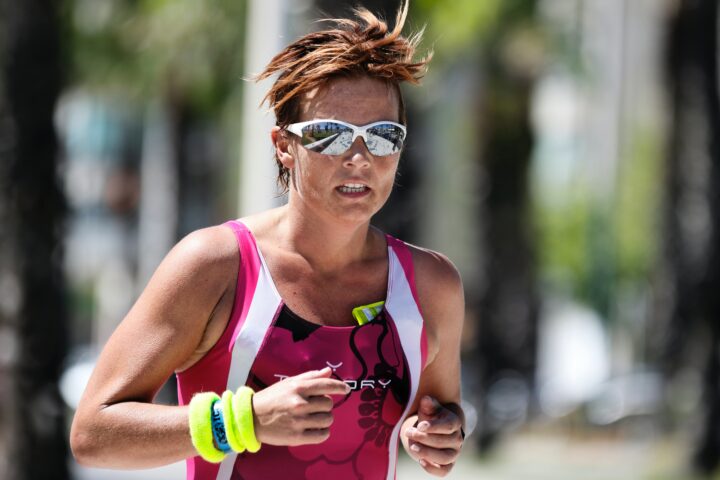
Environmental physiologist Dr. Stephen Cheung details how to best prepare for events in the heat.
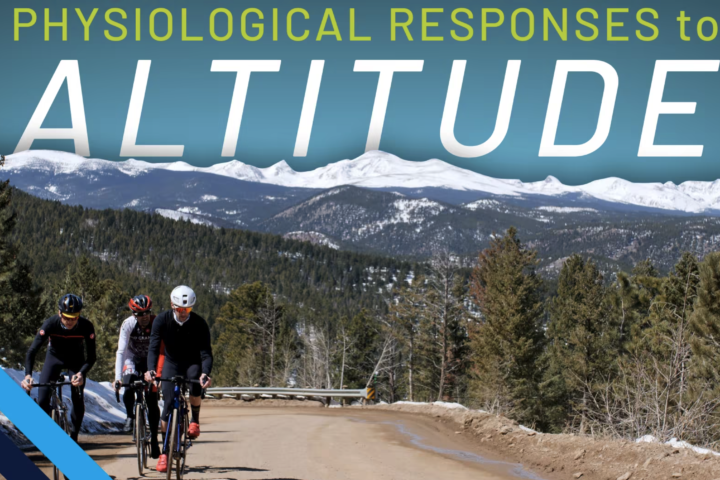
Head Coach Ryan Kohler details the profound physiological impacts that altitude can have on our heart rate and power output.

We explore the physiology of race season—how to find top-end fitness, how long it takes, and the best ways to do it.
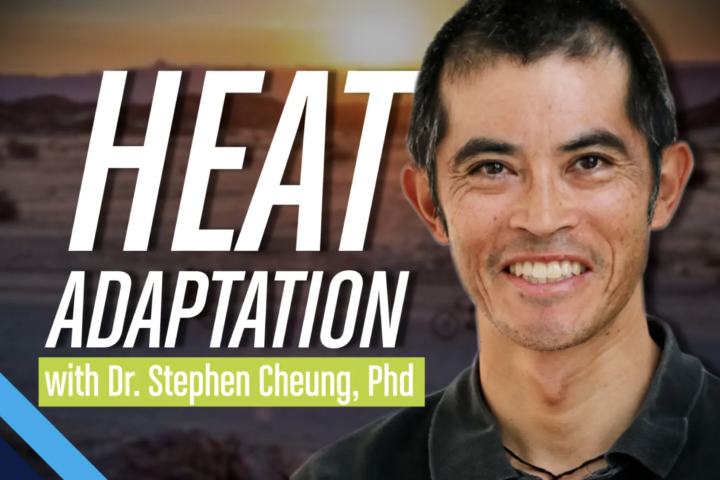
Dr. Stephen Cheung explores how to develop heat adaptation protocols that fit your event, budget, and circumstances.
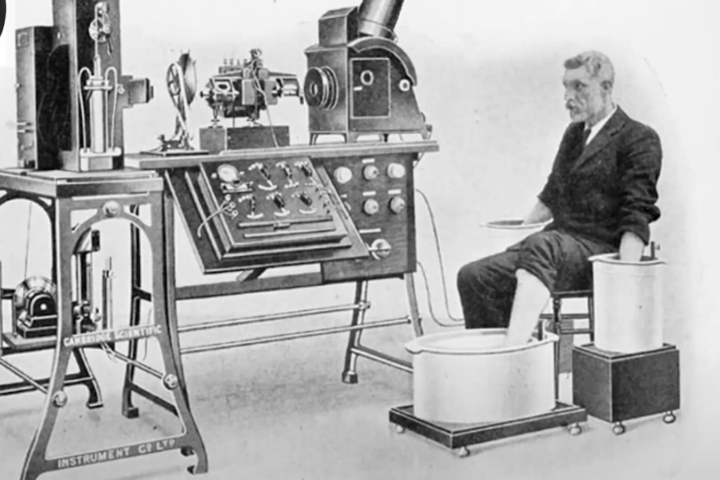
Dr. Stephen Seiler presents on the history and future of endurance sports testing and monitoring.
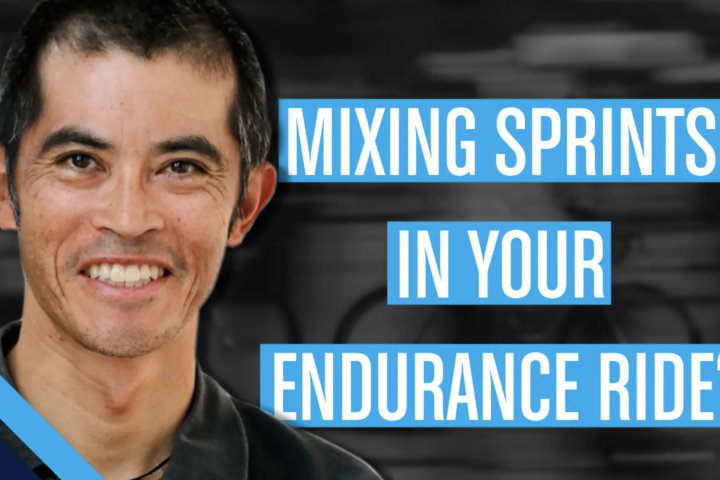
Dr. Stephen Cheung attempts to answer the question of whether it’s productive to incorporate intensity into an endurance ride.
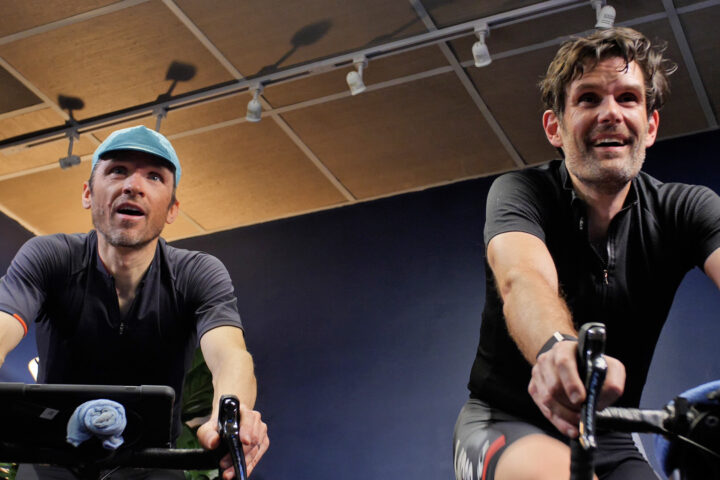
We compare and contrast various test methods based on three key aspects: 1) the protocol, 2) the data the test provides, and 3) the analysis you can perform with that data.
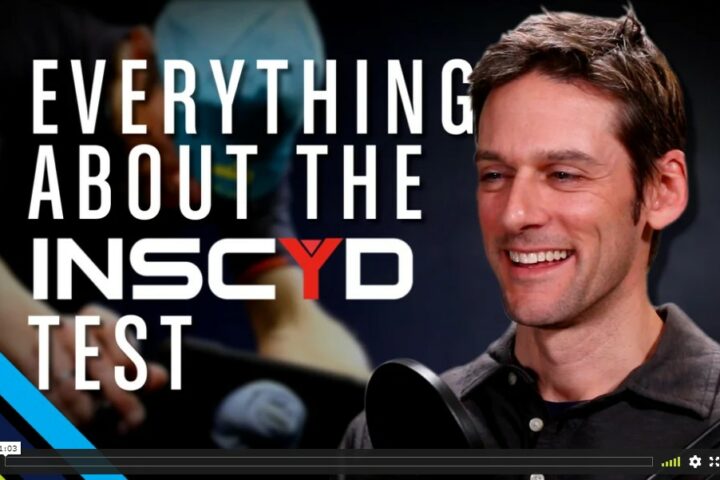
The INSCYD test yields a powerful set of metrics, including VO2max, VLAmax, and an athlete’s complete metabolic profile. USA Cycling Level 1 Coach Ryan Kohler explores the INSCYD test protocol and how to analyze its results.
See more on INSCYD and INSCYD Advanced Testing.
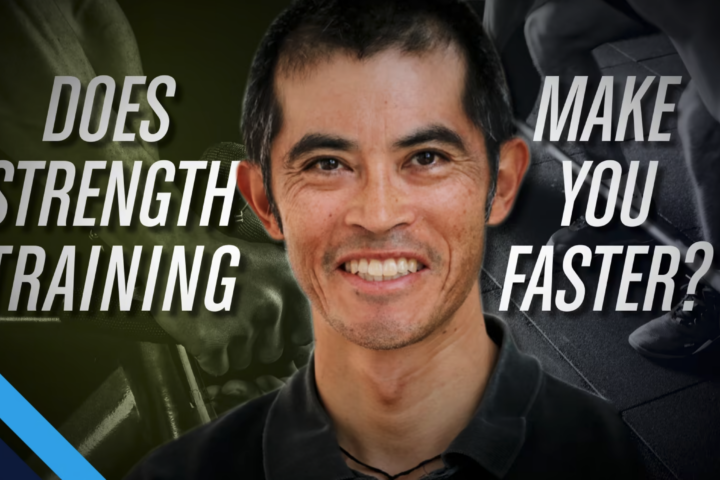
Dr. Stephen Cheung reviews recent research that addresses the question of whether strength training can make you faster on the bike.

Environmental physiologist Dr. Stephen Cheung addresses whether the amount of fat and carbohydrate used for energy changes with the temperature.
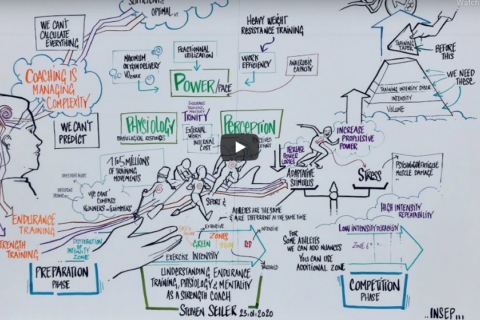
Dr. Stephen Seiler answers five endurance training questions on heart rate, zones, polarized training, rest, and much more.
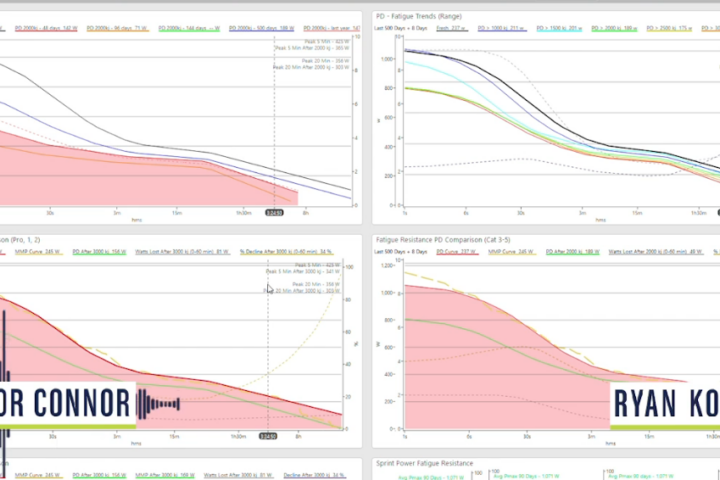
Coaches Trevor Connor and Ryan Kohler analyze the Power Duration Curve in order to illustrate how you can train fatiguability.
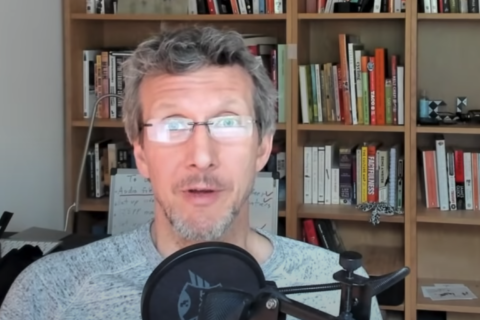
In this video, Dr. Seiler thinks out loud—with math—to explore how critical power and variable intensity races might connect in practice.
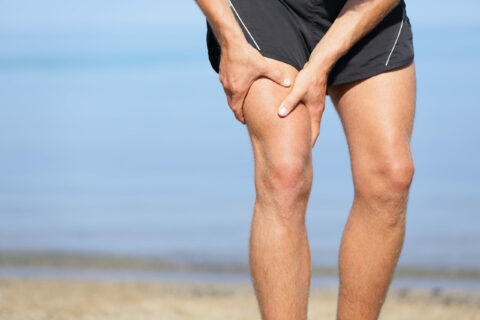
Dehydration? Electrolyte imbalance? Heat? None of these actually causes cramping, according to new theories. Coach Trevor Connor takes a closer look.
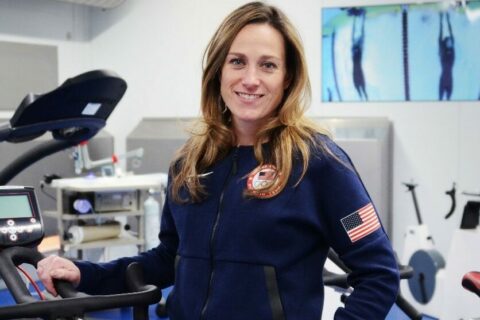
Physiologist Lindsay Golich, who works with some of America’s best Olympic athletes, helps us field questions on heat, altitude, FTP testing, fasted training, and much more.
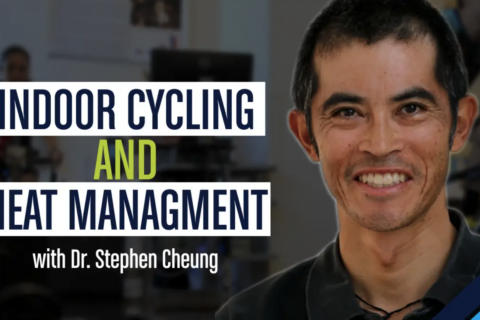
Dr. Cheung offers several tips to improve indoor cycling conditions to minimize any environmental impact. Hint: Airflow changes everything!
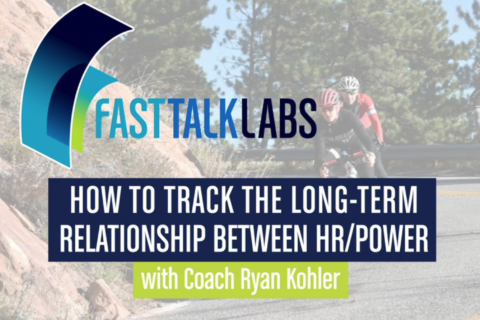
Coach Ryan Kohler reviews season-to-season changes in heart rate/power distributions to illustrate improvements across the different energy systems.